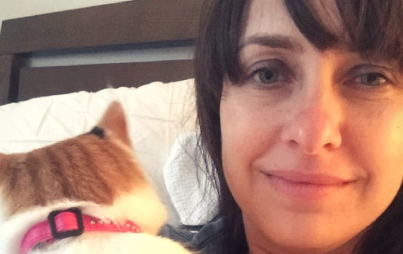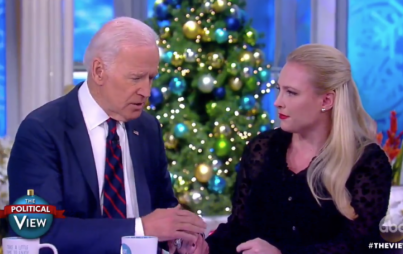
Cancer survivors will tell you that from the moment a doctor says, “You have cancer,” it consumes your life. It’s not only terrifying, it’s disruptive to the lives of entire families.
According to Time Magazine, a new study shows that more women are opting for a double mastectomy to treat breast cancer than ever before, even when the cancer is only in one breast. The number of women who get a contralateral prophylactic mastectomy (CPM) has nearly tripled between 2002 and 2012. 50 percent of those women will go on to have reconstruction of their breasts.
Doctors are puzzled by this increase, since there’s evidence that removing either breast is sometimes overkill for the treatment. In some cases, simply doing a lumpectomy to remove the cancerous tissue is enough. In other cases, a single mastectomy would be sufficient. (In both situations, a woman might also need chemo or radiation as well.)
Researchers cite the relatively low risk of cancer moving from one breast to the other when there is no other risk factor, such as genetic predispositions or the cancer being estrogen-receptive.
Researchers are quick to scapegoat insurance companies for covering all the different surgeries, making them seem easy and affordable to breast cancer patients. They also cite effective reconstruction methods as making the choice to remove breasts easier.
What the doctors don’t mention is the psychological component in treatment decisions. Women I’ve known with breast cancer are willing to go through screening, diagnosis, and treatment once — and only once.
The stress of being diagnosed with cancer is tremendous. Cancer survivors will tell you that from the moment a doctor says, “You have cancer,” it consumes your life. It’s not only terrifying, it’s disruptive to the lives of entire families. It is not unreasonable for a patient to ask “What do we need to do to ensure that I don’t have to do all this again?”
If lumpectomy and chemo only offer the probability you won’t get breast cancer again, while double mastectomy offers the certainty that you won’t get breast cancer again, there are a lot of women who’ll sign up for the double mastectomy. I sure as hell would.
Medical treatment can be emotional as well as clinical. For a situation like a mastectomy, where the material harm of removing the tissue is limited and the psychological benefit of eliminating the future cancer risk is great, doctors should let patients do what’s best for them medically and emotionally.








